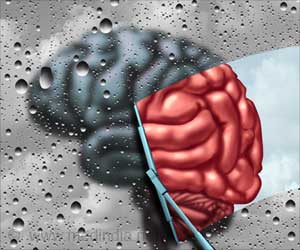An Indian-origin researcher has found that inflammation in the brain is not the trigger that leads to build-up of amyloid deposits and development of the neurodegenerative disorder.
An Indian-origin researcher has found that inflammation in the brain is not the trigger that leads to build-up of amyloid deposits and development of the neurodegenerative disorder.
The researcher has turned the long held belief regarding Alzheimer's disease on its head.In fact, researchers at the Mayo Clinic campus in Florida have said that the inflammation in turn helps clear the brain of these noxious amyloid plaques early in the disease development.
The researchers, led by Dr. Pritam Das, an assistant professor in the Department of Neuroscience, conducted their studies in mice that are predisposed to the disorder.
"This is the opposite of what most people who study Alzheimer's disease, including our research group, believed. And it also suggests that we can take advantage of the brain's own immune cells by directing them to remove amyloid plaques from the brain, thus protecting the brain against their harmful effects," said Das.
The study tested the widely held belief that inflammation in the brain increases the production and build-up of a toxic protein known as amyloid beta (A), which characterize Alzheimer's.
"We had initiated these studies using our new in vivo model to confirm whether inducing inflammation in the brain would in fact exacerbate the disease," Dr. Das says.
Advertisement
They found that IL-6 triggered inflammation throughout the brain, and they expected to see a big buildup of plaque as well as damage to brain neurons.
The study has been published in the online issue of the FASEB Journal.
Source-ANI
ARU












